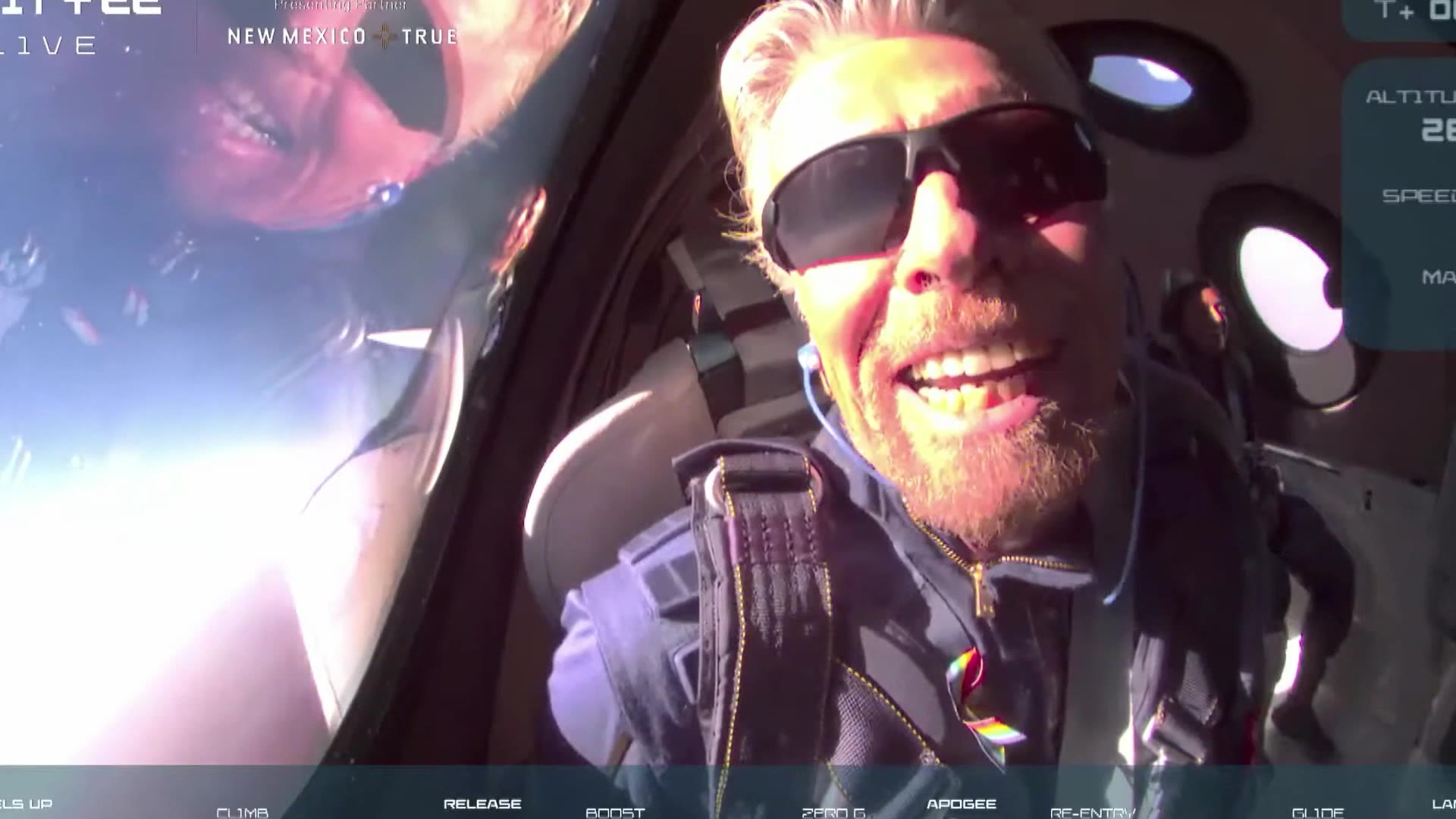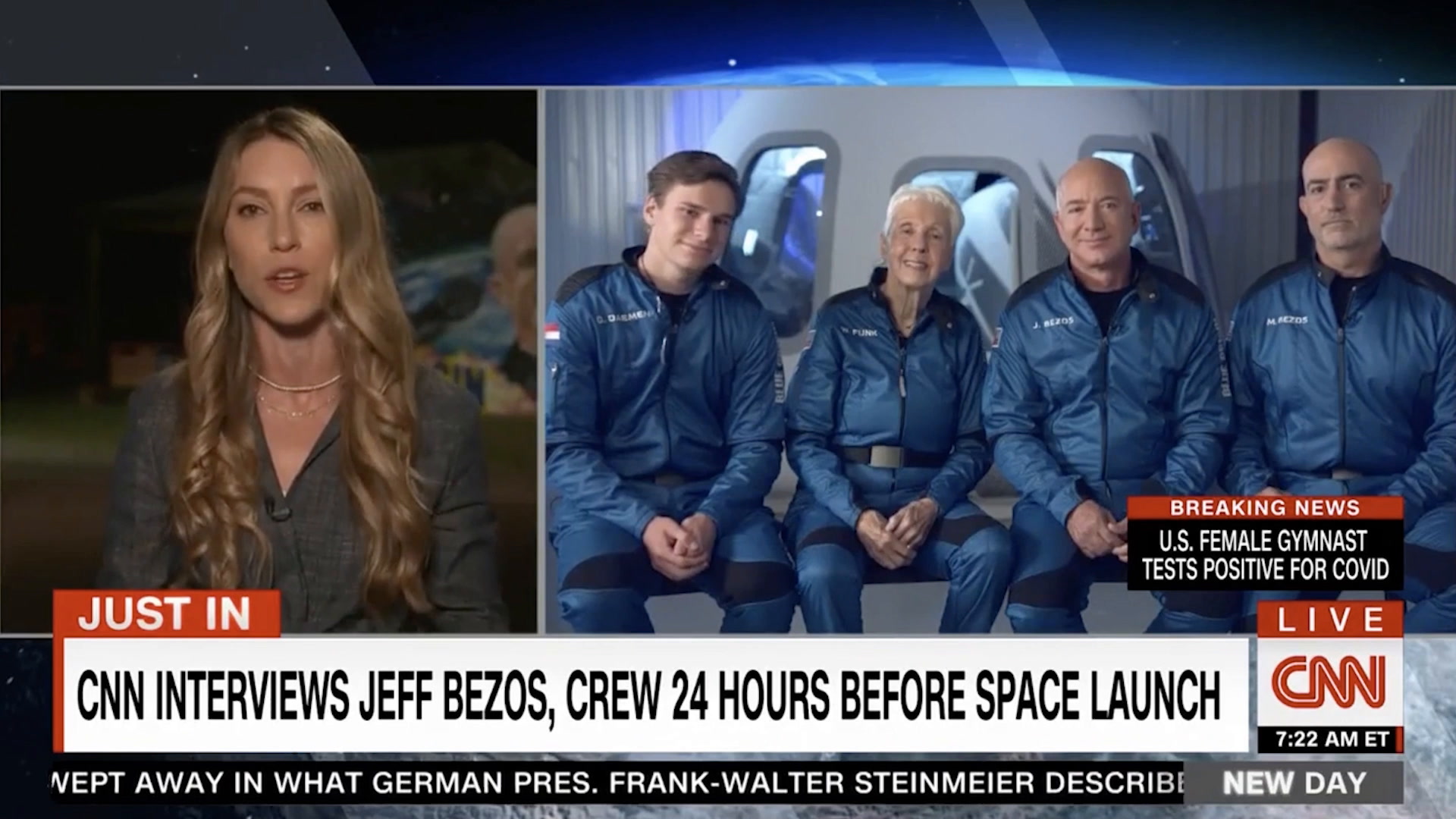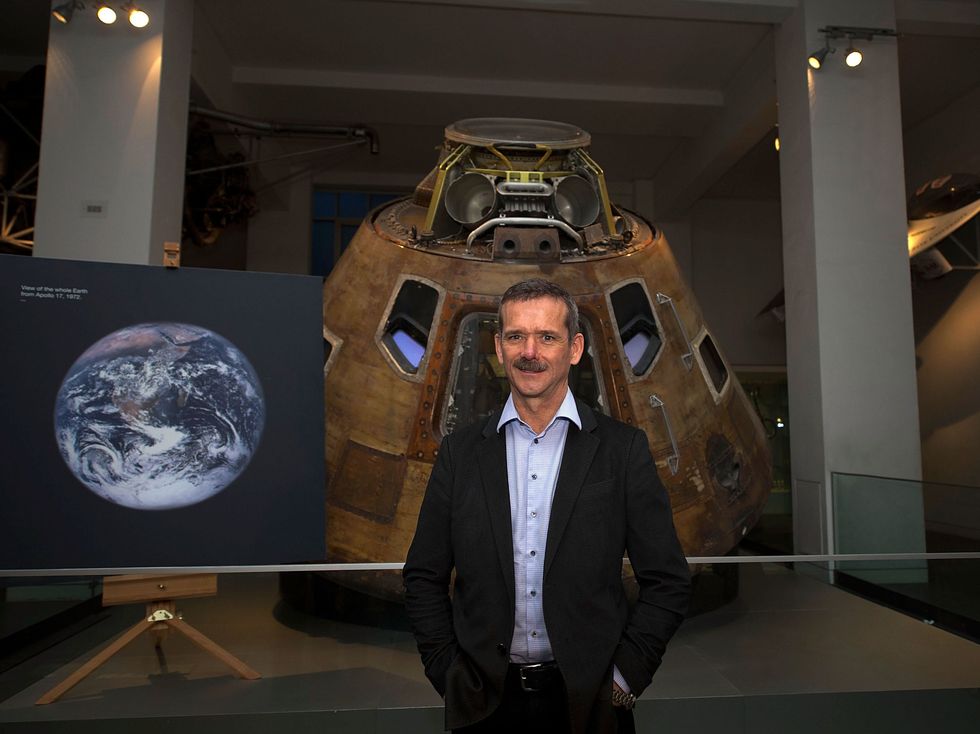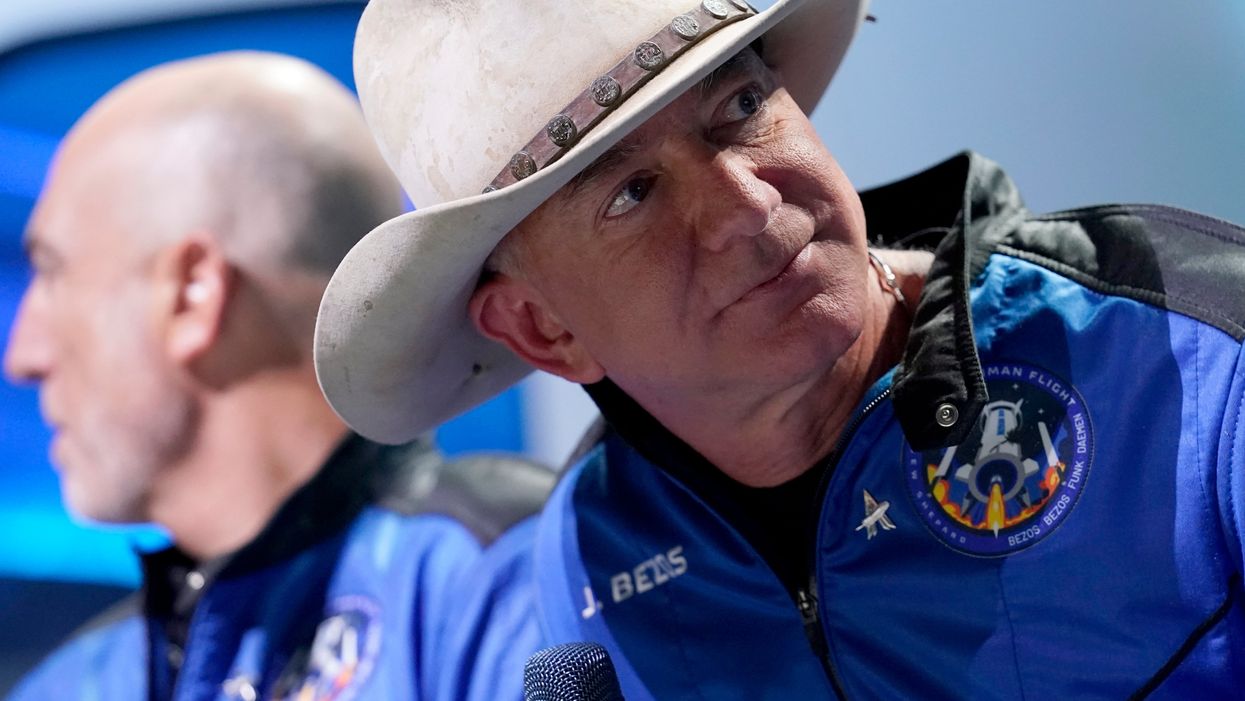Harriet Brewis
Jul 24, 2021
Jeff Bezos has been taken down a peg or two after his historic trip into space.
The Amazon founder and his three-person Blue Origin crew blasted 66 miles up into the skies on Tuesday, with Bezos hailing it as the “best day ever”.
However, the very same day his dreams came true, the world’s richest man was denied the right to call himself an astronaut by America’s Federal Aviation Administration (FAA).
The authority decided it was time to tighten its definition of the word astronaut, and so changed its rules.
They now state that astronaut hopefuls must be part of the flight crew and make contributions to space flight safety, meaning the likes of Bezos and Sir Richard Branson – with their automated flights – would not make the cut.
The Commercial Astronaut Wings programme says space-goers must travel 50 miles (80km) above the Earth’s surface which, to be fair, both Bezos and Branson accomplished.

But hitting high altitudes is no longer enough, according to the FAA update, and now astronauts must have also "demonstrated activities during flight that were essential to public safety, or contributed to human space flight safety".
In addition, those wishing for FAA commercial wings need to be nominated for them. A spokesperson for the authority told CNN they are not currently reviewing any submissions.
Tuesday’s amendment to the rules is the first formal change to the programme since it was introduced in 2004.
However, there may still be hope for the billionaire space lovers to earn themselves the title.

Bonafide astronaut Colonel Chris Hadfield told the BBC’s World Tonight on Friday that the FAA “isn’t the only arbiter in the conversation” and that the “real global decider of whether you’re an astronaut or not is the Association of Space Explorers”.
He said the professional society gives universal astronaut insignia for anyone who has completed at least one orbit 62 miles above the earth.
Hadfield, 61, who was the first Canadian to walk in space, added that there are “gradations” to the honour: professional astronaut, commercial astronaut and private astronaut, for example.
He suggested the title was more a “recognition of the risk and the accomplishment” of the space-goers, adding that the word itself needs “evolving” now that there are more people flying in space.

He acknowledged that the FAA has to define a “commercial astronaut” in some way, but stressed that Blue Origin and Virgin Galactic can go ahead and “issue their people astronaut wings or astronaut pins or whatever they like.”
Wings spotted on Bezos and Branson following their voyages were, indeed, custom-made pins by their own companies.
Hadfield acknowledged that Bezos, Branson and their crews would not be eligible for military pilot or NASA wings, but reiterated “the Association of Space Explorers sets the global standard” for astronaut insignia.
“If you fly above 50 miles then you’ve been in space – at least in the US definition anyway,” the 61-year-old concluded.
“You’re way above the world and you’ve taken an enormous risk and so I think you’ve at least earned some sort of title. And, for now, the word we have is ‘astronaut’.”
Top 100
The Conversation (0)














